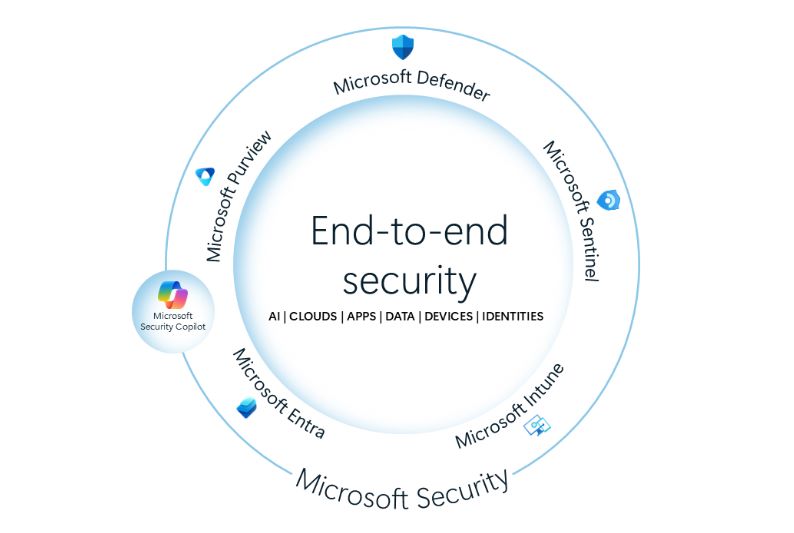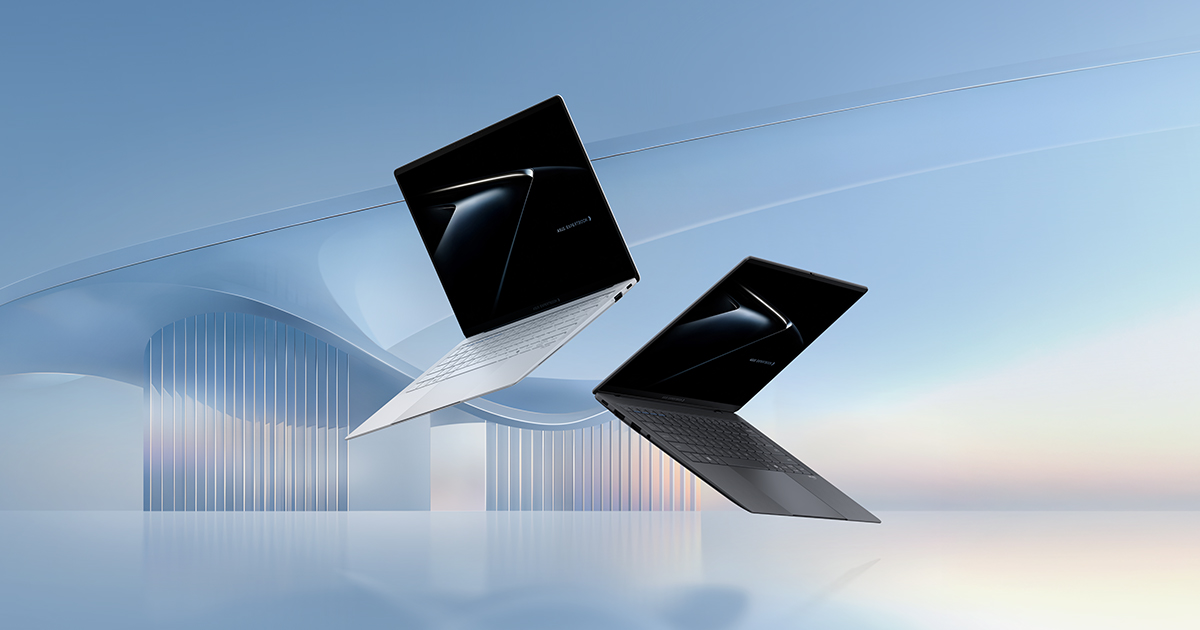In a major move to reshape how organizations tackle cyber threats, Microsoft has announced groundbreaking enhancements to its Security Copilot, unveiling intelligent AI agents designed to support security teams with automation, speed, and precision. This update represents a significant step forward in Microsoft’s vision of embedding AI deeply into enterprise cybersecurity operations.
Introducing AI-Powered Security Agents
The latest release introduces Security Copilot Agents, which are autonomous tools designed to act on behalf of security professionals. Unlike traditional alert systems, these agents don’t just inform — they act. These agents are capable of carrying out tasks based on high-level natural language instructions.
For example, a security analyst can ask Copilot to identify suspicious login patterns or investigate alerts related to a phishing campaign. The AI agent then follows a detailed process, leveraging Microsoft’s vast threat intelligence and internal tools to complete the task — often in a fraction of the time it would take a human.
Automating Cyber Defense in Real-Time

These enhancements mark a shift from reactive defense to proactive and continuous protection. Microsoft claims that Security Copilot now integrates seamlessly with tools like Microsoft Defender XDR and Sentinel, allowing agents to run complex queries, launch scripts, and initiate remediation — all while keeping human oversight in the loop.
According to Microsoft, these agents operate within defined guardrails to maintain compliance and avoid unintended consequences. The users can customize them based on an organization’s policies, security environment, and unique threats. Furthermore, these updates aim to reduce alert fatigue and allow human experts to focus on more strategic decisions.
For professionals concerned about the safety of AI in security, Microsoft has also introduced new AI protections. These include measures to detect and stop prompt injection attacks — a growing concern in generative AI applications. Moreover, Microsoft is launching a risk and safety framework for AI use in security, emphasizing transparency and reliability in automated actions.
The Future of Cybersecurity Is Collaborative
What makes Security Copilot stand out is its ability to combine large language models (LLMs) with real-time security data. This synergy enables a more intuitive interface for defenders while ensuring decisions are grounded in accurate, up-to-date information. It’s not just about automation — it’s about augmenting human intelligence.
Microsoft is also working with early access customers who are already deploying Security Copilot agents to handle routine SOC (Security Operations Center) tasks. Thus, this will free up experts to handle high-level analysis and response strategies.
Earlier Microsoft expanded its AI-powered Copilot Pro features to Microsoft 365 Personal and Family subscriptions.








